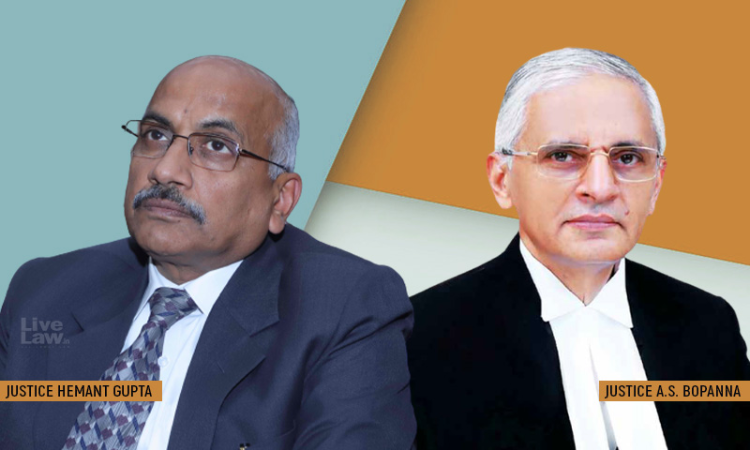The Supreme Court observed that a consumer complaint against a common carrier is not maintainable if prior notice under Section 6 of Carriers Act, 1865, is not served on it.Notice is required to be served prior to initiation of proceedings and not the proceedings itself, the bench of Justices Hemant Gupta and AS Bopanna observed.In this case, the National Consumer Disputes Redressal...

